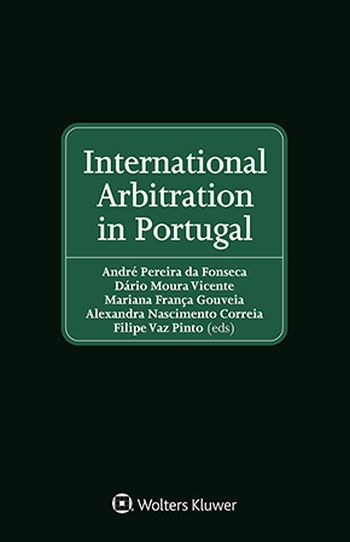
International Arbitration in Portugal is the first international publication in English that provides a comprehensive insight into the legal regime and practice of international arbitration in Portugal. Portugal holds a strategic position within a community that is vastly larger than the country itself, and the parties to cross-border disputes arising anywhere in the vast Portuguese-speaking world – a community of more than 230 million in a space that offers a wide array of investment opportunities across four continents – increasingly seek Portugal as their preferred seat of arbitration. A signatory to all relevant international conventions, Portugal has proven to be an ‘arbitration-friendly’ jurisdiction. The fact that Portugal is a signatory to the most relevant international conventions in different forms of dispute resolution has bolstered the confidence in the use of international arbitration in this country.
What’s in this book:
The authors, among the most highly regarded legal names in the country, describe how international arbitration proceedings are performed in Portugal, what cautions should be taken, and what procedural strategies may be suitable in particular cases. They provide insightful answers to questions such as the following:
The book includes analyses of arbitration related to specific fields of the law, notably sports, administrative, tax, intellectual property rights, especially concerning reference and generic medicines, and corporate disputes. Each chapter provides an examination of the applicable laws, rules, arbitration practice, positions taken by arbitral tribunals and state courts as well as those of the most highly considered scholars.
How this will help you:
As a detailed examination of the legal framework and of all procedural steps of arbitration in Portugal, from the drafting of an arbitration agreement to the enforcement of an award, this book constitutes an invaluable resource for parties involved in or considering an international arbitration in this country. As an invaluable resource for both Portuguese and foreign readers interested in international arbitration, the guidance that it seeks to provide in respect of any problem that is likely to arise in this context can be useful to arbitrators, judges, academics, and interested lawyers. The book also provides the reader with guidance in respect of the problems they may encounter in their professional or academic undertakings.